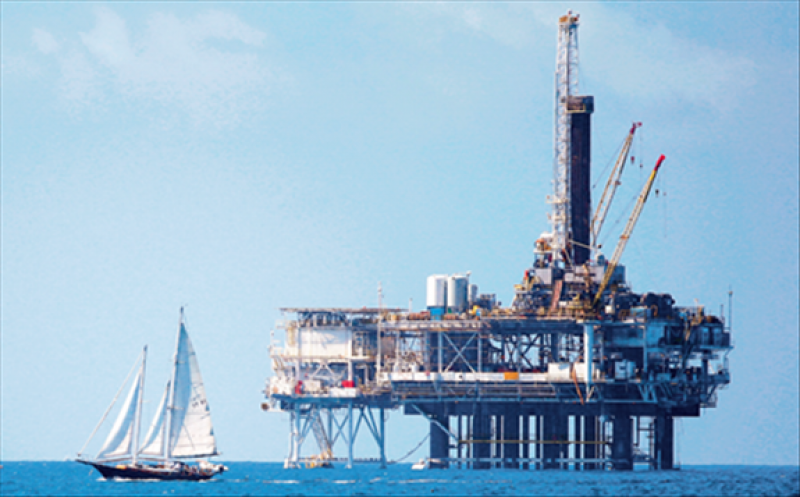Test results from the Luiperd well in block 11B/12B off South Africa's southern coast could be available by the end of this month, according to project partner Africa Energy.

Project leader Total announced a gas condensate discovery at the Luiperd prospect last month, the second in the block after Brulpadda.
Luiperd exceeded all expectations, according to Africa Energy chief executive Garrett Soden. Its net pay is almost double that found in Brulpadda's main reservoir and the prospect's distribution is around 50pc larger, he said. Africa Energy expects the find to have a relatively high liquids yield, which is valuable because condensate is easier to transport and requires little refining, Soden said. He noted also that Block 11B/12B is close to existing infrastructure and demand centres.
When the well's flow rates have been established, Total will work on development studies and engage with the South African government on gas commercialisation before bringing a rig back for the next drilling program, said Soden, adding that there is a still a lot of exploration potential in block 11B/12B.
Total told Argus it is engaged with the authorities regarding conditions of commercialisation. It is likely that the firm would want to see South Africa's petroleum bill finalised before it embarks on a second drilling programme, according to Soden. He said that the typical time period for an offshore gas-related discovery such as block 11B/12B to reach first production is 5-7 years.
South Africa is working towards finalising an upstream petroleum development bill, to be tabled in parliament before the end of the current fiscal year in March 2021. The bill envisages the government taking a 20pc carried interest in exploration and production projects through state-owned PetroSA.
Depending on the offtake terms, PetroSA's 34,000 b/d gas-to-liquids (GTL) refinery in Mossel Bay is the most obvious nearby gas demand source for these discoveries, especially as there is an existing offshore pipeline, about 70km away, that feeds gas to the plant, Soden said.
PetroSA buys gas feedstock at $6-7/'000 ft³. It expects Mossel Bay to run out of feedstock by the end of this year because domestic offshore gas fields are fast becoming depleted, and has put out an LNG supply tender.
Another obvious contender for the new discoveries' natural gas is the Gourikwa 740MW power plant in Mossel Bay, which burns diesel. South Africa uses coal for almost 80pc of its power generation and wants to replace coal and diesel with cleaner natural gas, Soden pointed out.
"If we have more gas than Mossel Bay can use, we could also build a pipeline to Port Elizabeth to supply the industrial consumers there. The condensate liquids would be separated from the gas and sold domestically or internationally likely at a premium to Brent pricing," he said.